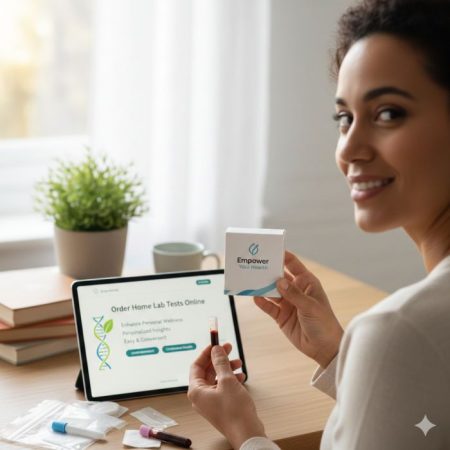Menstruation is not just a topic concerning the health and personal hygiene of women worldwide. The practices and methods followed by menstruating women have also made it an environmental concern. As horrible as it may sound, the various period products which you and I use are certainly not very good for the environment.
As per a recent survey, most of the sanitary pads have over 90 percent plastics, which makes each pad equivalent to four plastic bags. Wondering what can we do to strike a balance between making periods tolerable and sustainable? Let’s see:
- Throw away the used pad, do not flush it
The first and foremost step to make your periods sustainable! Never flush your sanitary pads or tampons down the drain. Rather, just put them in a separate garbage bin and make sure to empty it regularly.
When you flush the used tampon or the used sanitary napkin, they end up in our rivers and oceans, disturbing marine life. They contain microplastics which makes them impossible to decompose.
Also, when you flush the pad, unlike papers, they absorb the water and end up clogging the pipelines. Enough reasons for you to do away with this habit already!
- Choose reusable sanitary napkins
Instead of going for the one-time use sanitary pads, go for the ones which can be reused over and over again. You can also opt for a period underwear. This way, you are not just helping the environment, but yourself too.
When you go for a reusable pad or tampon, you are actually decreasing the level of plastic waste produced by a huge extent. Apart from this, they are also available at cheap prices at various online stores.
So, this is one of the smartest ways to go environment-friendly without burning a hole in your pocket!
- Switch to menstrual cups
Menstrual cups are one of the best eco-friendly innovations for periods, so far. Made of medical-grade silicone, menstrual cups have certainly upped the game a notch because they are a lot more eco-friendly than sanitary napkins.
While most of us are still unaware of what it really is, it is found out in a survey that women who have been using menstrual cups over tampons have claimed that they are much more comfortable and easy to use.
A menstrual cup Australia, hence ensures a win-win situation when it comes to sustainability and hygiene.
- Choose organic over inorganic
Learn this for a better tomorrow – both medically and environmentally. Next time when you go to buy any single-use period product, like sanitary napkins or tampons, make sure to check the ingredients pretty closely.
Many times, we ignore learning about what we are actually using for our personal hygiene. At the time of our period, we must remain extra attentive to what we are using. Our regular pads may contain ingredients as harmful for health as pesticides!
But, when we choose an organic sanitary napkin over a regular one, we are saving ourselves from the adverse effects such ingredients may cause to our health. Not just that, organic napkins are also environmental-friendly because they are proven to be more biodegradable than the normal, inorganic ones.
- Urge the industries to make plastic-free sanitary pads
The industries which produce sanitary pads and tampons need to be told to make them plastic-free. The side-effects of single-use plastic are not a joke anymore.
Various climatic and environmental adversities have already started piling up because of the many ill-effects of plastic. It is certain that some of the daily use products cannot be made available without using plastic.
But the usage of single-use plastic and micro-plastic in pads can absolutely be substituted with other materials. Therefore, we must persistently urge industries and the concerned authorities to start the production of period products without plastic.
Conclusion
Tampons and sanitary napkins might not seem to be that a huge environmental issue because we only use them for 5-6 days per month. But, if we take into account all the plastic that we are contributing to the decline of the environment’s health globally, we will be overwhelmed.
In this think-piece, we cited the 5 best ways by which you can make your “those days” more sustainable. Follow these ways on your periods to follow to make sure you contribute your bit to the environment.






